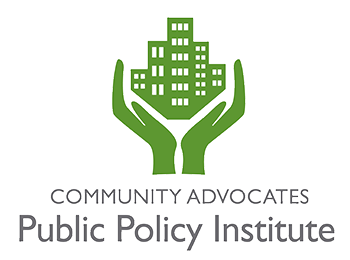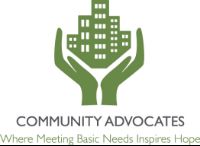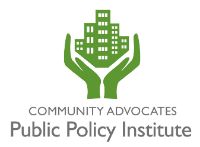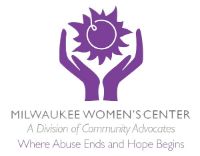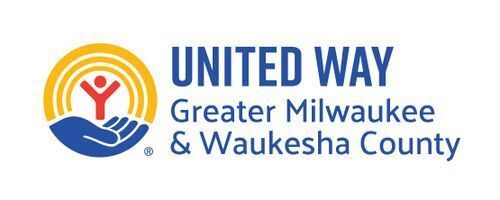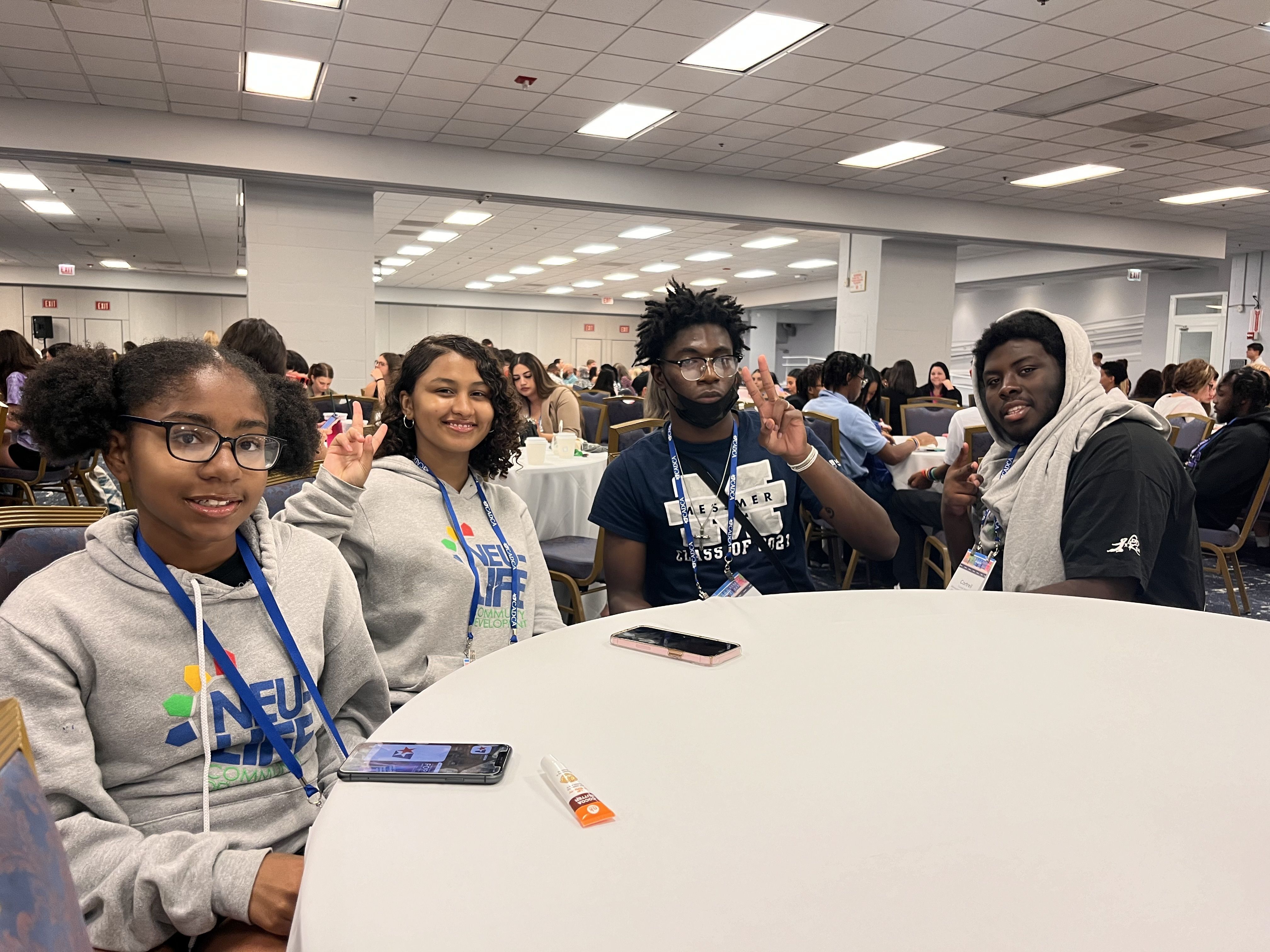
In July, the 53206 Drug Free Communities Project was delighted to invite four Neu-Life Community Development program participants to the CADCA Mid-Year Training Institute in Chicago to enable them to sharpen their prevention skills. Here are some of their takeaways.
Tataeeanna Gipson - Rising Sophomore
For my first time at CADCA I would say I had an enjoyable and fun learning experience. The classes had so much engagement with other organizations, such as talking amongst one another, and having group sessions about how they were so involved with their youth and their community. They were vocal about situations that need to be addressed, such as gun violence, vaping, smoking, drinking, and how it has become such a huge problem throughout society. But throughout my classes I would say I am taking away from them is the opioid epidemic. What I learned from the opioid youth session is how the current state and the impact that opioids have on our communities and how the people in the community are using the opioids to treat every day pain.
Something I will help and engage in to bring to Neu-Life is, I think, Neu-Life should get involved with is reckless driving and the gun violence going on within our community and why I say this is because we have lost a lot of young people to gun violence as well as reckless driving...if we won't do it, how do we better our future community if we don't help start making changes.
Cortrell Morbley - Rising Senior
CADCA was an unforgettable experience filled with lots of valuable information. We participated in three workshops that effectively taught us how to better our communities. Our first workshop was "Lights, Camera, Success!"; a workshop dedicated to educating youth on the value of public communication and how it can help us in improving our communities. Firstly public communication was defined as a strategic goal that is broadcasted beyond the people physically present. We were also taught some key elements in public speaking. We learned that the audience should come first in public speaking. It is important to slow down, pace yourself and keep your talking points simple and concise.
Our second workshop focused on capacity building in our communities. The workshop taught us how to engage people in our communities and help bring them together to accomplish a goal. Community engagement takes form in a multitude of ways. It taught us that making connections builds relationships and building relationships builds capacity.
Our last workshop focused on targeting the opioid epidemic in America. We were educated on what opioids are and how dangerous they are when people use and abuse them. Opioids essentially mimic endorphins in their function. Endorphins are organic pain receptor blockers that the body controls. Opioids act as pain receptor blockers but turned up to 11. Basically ,making the user feel invulnerable to pain but their body overdoses thus taking their life. It was said that there were over 80,000 opioid deaths in the United States in 2021. Opioids are marketed to users as this reliever but in actuality it is a destroyer.
Prince De'Vaughn Durr - Rising Senior
My time in the CADCA sessions gave me a bunch of info about public health issues and ways we can help change the community. One session I was in focused on the horrid issue of fellow minors using drugs and alcohol. When I was in this session, I learned about the concerning prevalence of substance use amongst young people like me and the risk factors that play a huge part to this behavior. It then became clear that prevention strategies are very important for our community's health. Additionally, I found out that our parents also play a big role in our youth's substance use because they have a big influence on them.
Another significant session talked about the deadly opioid epidemic, which showed how devastating opioids can be in our communities. I even did my own research and found out that Milwaukee is #3 on the list of major cities that have had the most opioid related deaths.
I then learned about a lot of treatment programs that are designed to help people fight opioid addiction; An example is therapy. The discussion we had in the session also talked about the big role of prescription practices in the epidemic, which helped me figure out that we need to regulate and educate people on these prescription drugs, to avoid them misusing them. Understanding all of this is key for addressing the root issues we have in our communities.
An issue we have in our community, is communication and this CADCA session I went to a session that educated us on the importance of taking public outreach to the next level. I then learned ways I could enhance my public communication effectively. I plan on implementing this in my community to get our community united because there's strength in numbers and I know it takes a village. The skills I learned was how to cater messages to different audiences to make sure that people understand what I'm speaking about. Another thing I learnt was the importance of having a social media presence to reach a broader audience to engage them in meaningful ways, which is awesome. Good communication equals community involvement and change.
Niyah Hale - Rising Freshman
At CADCA I learned about public communication. Public communication is body language and talking. It's also selling, Advertising, Informing, Teaching, etc. The goal for public communication is to increase knowledge or skills for your audience.
E-cigarettes have two risk factors. The two risk factors are social access, and price and promotions advertisement. 2.13 million students use E-cigarettes. Some solutions for E-cigarettes are School Support Facilitator training and vape aid kits. Vape aid kits are used to prevent vaping. I learned that 1 in 2 teens want to quit vaping. I also learned that chewing gum can help you not crave nicotine/vapes.
Two questions they asked at CADCA was why students like vaping and why is it hard to stop vaping. I think kids like vaping because it makes them feel better and it helps them escape from the real world. And why it is hard to stop vaping is because nicotine is addictive. One opinion I have about vaping is you don't always need to run to a drug to solve your problems. And you should learn how to be flexible with your time, planning stuff that's flexible for you.
